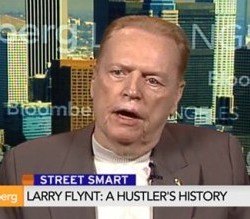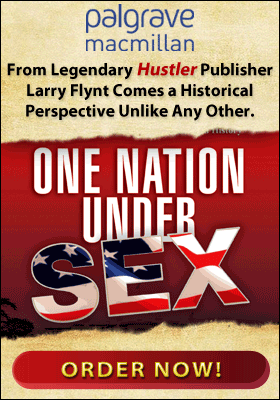From U.S. NEWS
Larry Flynt, Video Games and the Potential Fallout of Net Neutrality
Businesses using online video and streaming downloads have the highest stakes in the regulation debate.
The adult entertainment industry has much at stake in the net neutrality debate, says Hustler Magazine owner Larry Flynt.
Net neutrality continues to stir major controversy over how – or whether – the Federal Communications Commission should draft rules for equal treatment of online traffic, but some businesses might be in trouble no matter what happens.
FCC Chairman Tom Wheeler’s proposed rules regarding net neutrality – the concept that all traffic is created equal and every website should have the same chance to compete without being slowed, blocked or disadvantaged by Internet providers – have generated more than 1 million public comments, in part out of fear that the proposal would enable Internet service providers to charge for faster online speeds.
Wheeler’s rules aim to prevent anti-competitive blocking or slowing of Web traffic. But the establishment of an online “fast lane” could leave behind any companies unable to afford new tolls for Internet use.
Adult entertainment is among the sectors with the most to lose in the net neutrality debate, along with any company that uses online video or real-time actions like gaming that can’t afford to pay Internet service providers for faster connections. Access to free content on the Internet has shuttered many adult entertainment businesses, and more will close if paid prioritization becomes the new norm under the FCC’s proposed rules, Larry Flynt, owner of Hustler Magazine, tells U.S. News.
“It’s doubtful that smaller, independent websites would survive without some kind of net neutrality protection,” Flynt says. “It’s a huge First Amendment issue.”
Netflix has agreed to pay service providers Comcast and Verizon for better access out of concern that poor connections would slow customer downloads of its video content, but that’s only the beginning of risks to video traffic, says Marvin Ammori, a fellow at the New America Foundation think tank.
Those at risk, Ammori says, include online education companies like Codecademy that depend on video downloads, along with startups hoping to compete with tech giants like Microsoft, which is dependent on quality speeds in its real-time Xbox gaming and its online communication site Skype. Microsoft is among the dozens of technology companies that filed with the FCC arguing in favor of strong net neutrality rules, citing that its traffic has been slowed or blocked in some regions where such protections don’t exist.
(To read full article, click here.)

















